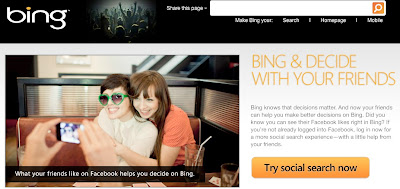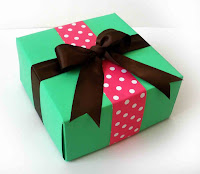The
Dining section of
The New York Times is not usually where I go for marketing inspiration. A
story there today by Jeff Gordinier on how exotic sake is sold in Las Vegas has caused me to reconsider that assumption.
As the article points out, sake is a marketing conundrum. You can't read the labels. You can't pronounce anything. The story points out an even bigger challenge; "It can be difficult for an untrained American drinker to figure out the difference between the name of the sake, the name of the brewery, the type of sake and the region of Japan that it comes from." So have fun marketing a new wave of artisan sakes that can cost hundreds or even thousands of dollars a bottle.
The savior in this situation is
the story. Anglicized brand names and unusual bottle colors may help but it's the story that makes these products special, memorable and successful in the marketplace. The quote that seared it's way into my long-term memory was from Henry Sidel, president of the Joto Sake distribution company in Manhattan. Print out this next line and tape it to the top of your computer screen:
“There are no brands if there aren’t stories.”

Read the
article. It's packed with amusing anecdotes about igloo filtering, nomadic quests for sake brewing knowledge as well as fascinating insights into the psychology of wealthy Asian "whales" and their exploits in Las Vegas.
The high end liquor industry is steeped in story telling. I'm still fascinated with the yarns I heard visiting the Rémy Martin operation in France while pitching their advertising account back in the day. The marketing secret the French have understood for centuries is more relevant today than ever.
An unremarkable product from an unremarkable company used to be able to grow and profit by hammering the market with ads, paying for shelf space or through aggressive price promotion. An entertaining TV commercial could compensate for lackluster product. Today unremarkable brands are losing traction as a result of the creeping impotence of mass-media weaponry and consumers better equipped to sniff out a crummy product.
Being remarkable and delighting customers is the new marketing currency. There's no such thing as a remarkable brand without a story. A customer has rarely been delighted and not shared their story as a result. Social media exponentially amplifies these truths.
Brands really can't make-up their stories anymore. Authenticity is more and more a key differentiator. The price for getting busted for fabrication is high, immediate and measured in tweets. A powerhouse brand of the 1980's, Bartles & Jaymes would probably garner a shrug among today's twenty somethings.
The importance of the story applies to every marketer. Packaged goods, services and retail brands all need coherent, meaningful stories. This applies to the local landscaper as much as it does professional grade kitchen appliances.
I think the Japanese auto brands could learn a thing from their sake marketing countrymen as I'm challenged to recall a coherent, meaningful brand story for Toyota, Honda, Mazda or Subaru.
Does your brand have a story?








